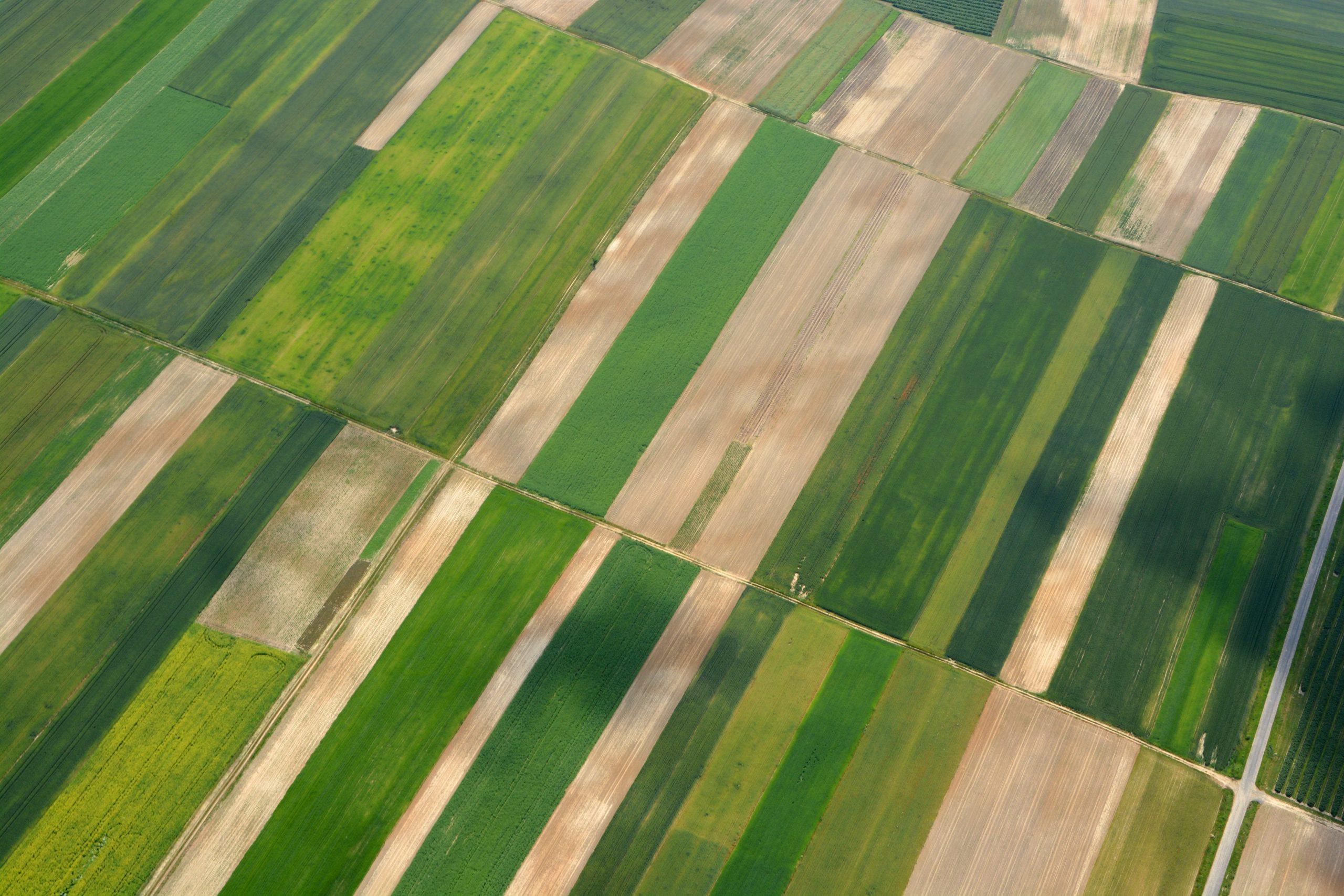We answer questions from our most recent webinar on Canada’s fuel regulation
Canada announced its updated low-carbon fuel standard, the Clean Fuel Regulations (CFR), in July 2022 as an update to the legislation previously known as the Clean Fuel Standard. EcoEngineers experts gave a 10,000-foot view of the regulations in a webinar on Nov. 3, 2022. Regulatory Engagement Director Lisa Hanke and Ethanol Services Director Mark Heckman were panelists on the webinar. Together with Carbon Analyst Seyed Mousavi, who has done most of EcoEngineers’ internal research on the program’s carbon intensity calculator, they have answered some of the more popular questions from the webinar below. Keep in mind without proper due diligence and knowledge gathering required to answer on specific projects, we are speaking mostly in industry generalities. Watch the full webinar here.
What’s the average processing time for CI certification in the CFR?
-
- LH: Environment and Climate Change Canada (ECCC) has not committed to a timeline for approvals. It depends on the complexity of the certification.
Can CFR credits be stacked with U.S. Renewable Fuel Standard (RFS) RIN credits?
-
- MH: Exporters have to retire RINs for compliance within one month of the export event (this was a recent change in 2014).
- LH: They can, however, be stacked with British Columbia’s LCFS credits.
Are there projections for the value of Canada compliance credits?
-
- LH: There are no credible projections. Reports state amounts ranging from $25-$75/ton, but these are speculative.
Is there a deadline for production facilities to get registered in order to create pre-credits?
-
- SM: Primary supplier must register with the ECCC no later than 45 days after the day that they have produced in Canada or imported into Canada during a compliance period a total volume of 400 m3 or more of gasoline or diesel. But unfortunately the opportunity for early credit generation is closed.
Will there be temporary CI pathways available for application?
-
- SM: Yes, when the facility has less than three months of operating data, there is an alternative method suggested by ECCC to estimate the CI without using openLCA.
Can A US entity, with no operations in Canada, send qualifying renewable fuels to Canada and generate and market credits under the CFR?
-
- MH: Yes, get registered!
Can you speak to the similarity of CI scores between GREET and OpenLCA for different types of fuels (e.g., hydrogen, RNG)?
-
- SM: The CI score from CA GREET and openLCA will not be exactly the same, but there are similarities between these two approaches.
- LH: You can also contact EcoEngineers to discuss completing a preliminary CI using the OpenLCA Model.
Is there an excel file for something that mimics OpenLCA that calculates CI ? Or do you have to download the software to input and see how the CI looks (dairy cows, etc). Is the model complete and ready to use?
-
- SM: There is no workbook to calculate the CI value directly, and openLCA software with Fuel LCA Model needs to be used. However, there is CFR Data Workbook that carries all the calculations, and help enter the data into the software in the right format.
- LH: The model is ready to use and can be found at openlca.org.
At what point in a project’s development should the facility become registered and a CI score application made?
-
- MH: Prior to shipment. Project builds can take up to three years or more, and it would be good to understand what CI score will be accepted. Contact us to help you with your preliminary CI.
- LH: I agree. This process should be started as soon as required data is available to ensure fuel shipments can generate credits.
Does CFR consider “avoided methane” from manure? BC LCFS doesn’t consider this, and the CI of manure is high in that program.
-
- SM: Yes, under the CFR, the baseline avoided emissions from dairy manure management are considered in the final CI of the RNG project. A similar approach to CARB is applied to estimate avoided emissions..
We hope you enjoyed both the webinar and the extra information provided in this follow up. For more information about Canada’s Clean Fuel Regulations, contact Mark at mheckman@ecoengineers.us, Lisa at lhanke@ecoengineers.us, or Seyed at smousavi@ecoengineers.us.




